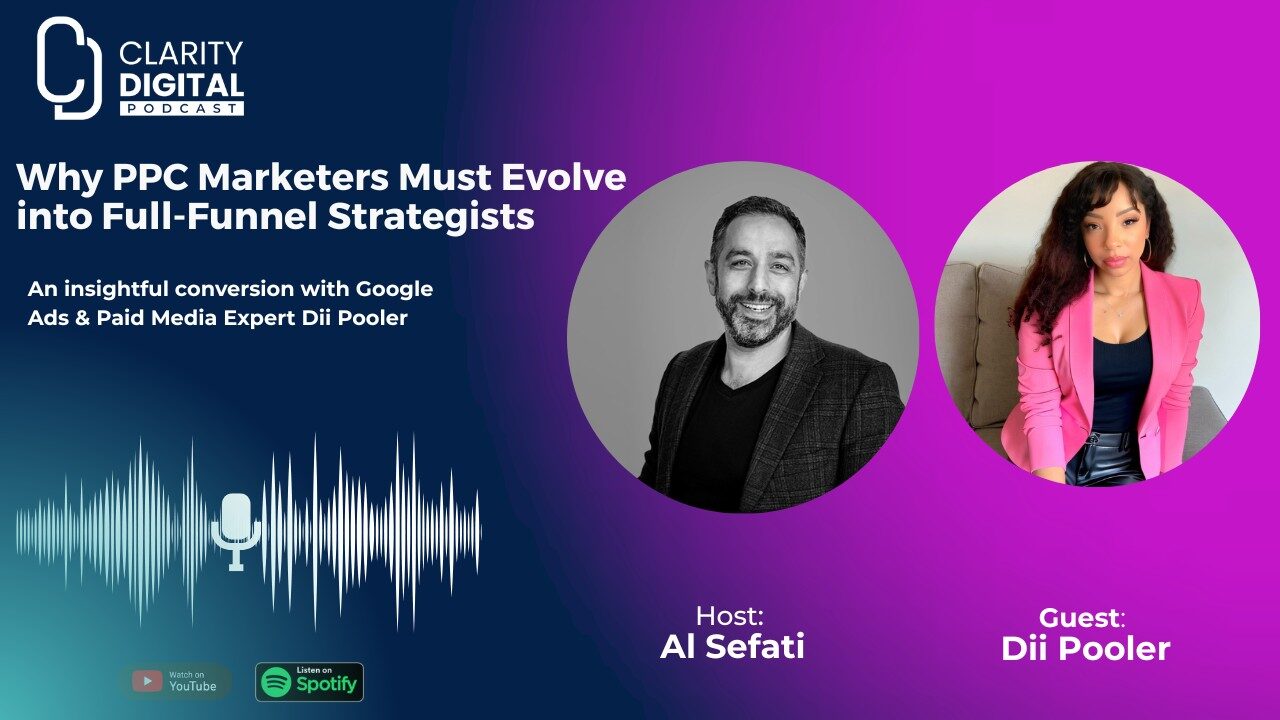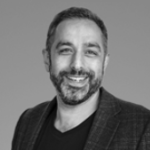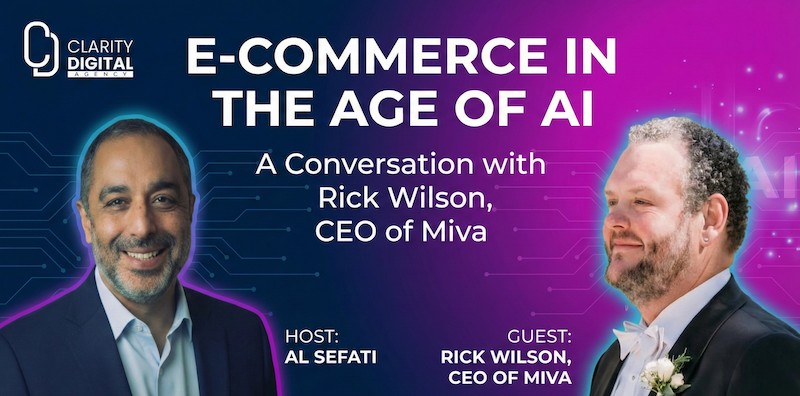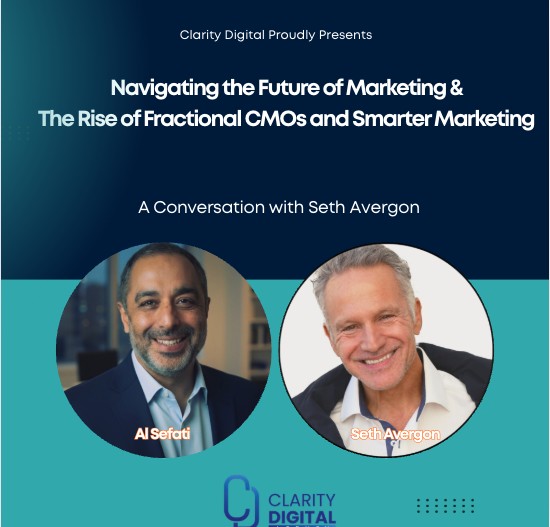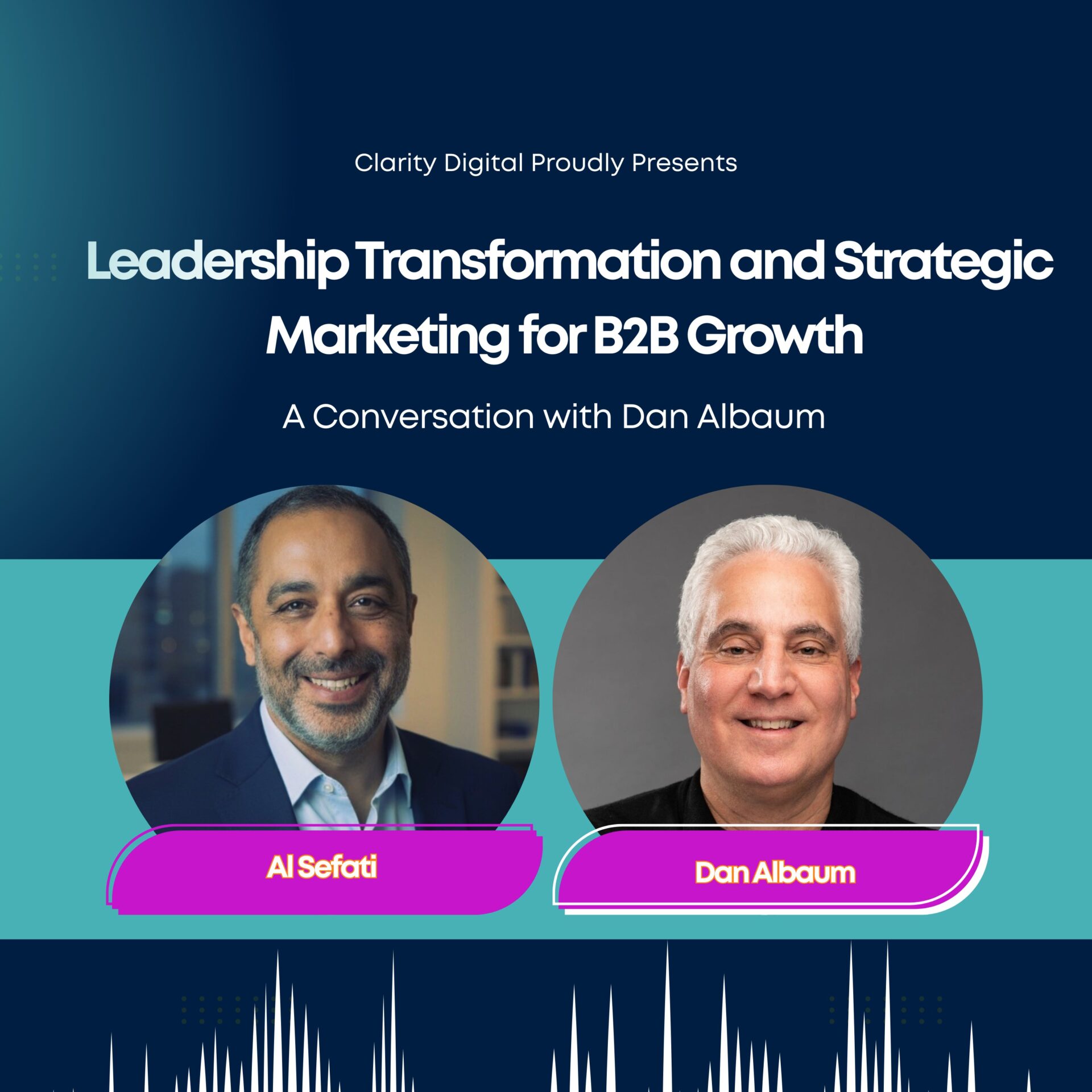A Conversation with Google Ads and Paid Media Expert Dii Pooler
In this episode of the Clarity Digital Pod, I had the chance to reconnect with Dii Pooler, founder of Pooler Digital and author of Six Figure Google Ads. Dii isn’t just another PPC expert. She’s pioneering paid search education through children’s books, using AI to support smarter strategies, and pushing PPC marketers to step up and become full-funnel thinkers.
As AI becomes more capable and automation takes over routine tasks, the role of the PPC marketer is rapidly changing. This conversation is packed with insights about how to adapt and grow in this new landscape. Let’s get into it.
Introduction: The Role of PPC Marketers Is Changing
The digital advertising world has changed dramatically in the past few years. Pay-per-click (PPC) marketers are no longer expected to just manage Google Ads campaigns and optimize for clicks. Today, they need to think holistically, aligning with sales teams, customer journeys, and even pricing strategy. In this episode of the Clarity Digital Pod, I had the pleasure of speaking with Dii Pooler, founder of Pooler Digital, and someone who truly understands what it means to evolve from a PPC specialist to a full-funnel marketer.
Dii brings over 10 years of experience in Google Ads and paid media strategy. She’s also the author of Six Figure Google Ads and the creator of the first-ever PPC children’s books. More importantly, she’s helping redefine what it means to be a modern marketer.
From Campaign Tinkerer to Full-Funnel Thinker
There was a time when PPC professionals focused almost entirely on ad setup and campaign structure. Back then, running Google Ads meant building tightly segmented ad groups, assigning negative keywords, setting manual bids, and tracking conversions. That still matters, but it’s only part of the picture now.
As I shared in our conversation, I used to spend 70 to 90 percent of my time inside the Google Ads interface, adjusting settings, writing ads, and working on tracking pixels. Dii agreed, recalling how her early PPC work was focused almost exclusively on execution. But as AI, automation, and cross-platform marketing have matured, that role has expanded.
Today, PPC marketers need to understand much more than ad platforms. They need to evaluate landing page performance, analyze sales funnel drop-off, review pricing competitiveness, and work with sales teams to ensure that the leads they generate actually convert.
Why PPC Strategy Now Requires a Full Understanding of the Customer Journey
One of the key takeaways from our conversation was that today’s PPC professionals need to truly think like the customer. Dii emphasized that marketers must look beyond keywords and impressions. They should step into the buyer’s shoes and ask questions like:
- What happens after someone clicks the ad?
- Is the landing page aligned with the intent of the search?
- Is the offer clear and competitive?
- Are sales or support teams equipped to close the deal?
This is what full-funnel thinking looks like. It’s about going from click to conversion to customer and asking how each stage performs. Dii also talked about listening to sales calls, reviewing form submissions, and tracking lead quality—not just quantity. She said that while leads are nice, real value comes from driving marketing-qualified and sales-qualified leads that turn into revenue.
How to Use AI in PPC Without Losing Strategic Control
Artificial intelligence is becoming more integrated into every ad platform. Whether it’s Google’s Performance Max or Meta’s Advantage+ targeting, AI is being used to automate everything from bidding to creative optimization. But Dii warned that marketers should not become passive.
“AI is like a smart intern. It helps, but it still needs guidance,” she said.
Dii uses tools like ChatGPT and Claude for tasks like data cleaning, brainstorming ad copy, and analyzing performance trends. But she also made it clear that these tools need to be prompted properly and that their output should always be reviewed by a human. I couldn’t agree more.
I’ve taken courses in prompt engineering, and I tell every marketer on my team that they need to understand how AI works and how to communicate with it. If you don’t tell the model exactly what you want and how to behave, it can produce inaccurate or low-quality results. AI in PPC is useful, but it’s not magic.
Why Google Ads Automation Still Needs Human Oversight
Google is pushing more automation than ever. From smart bidding strategies to automated ad creative, the platform is clearly leaning into machine learning. But Dii and I both agreed that full automation doesn’t deliver the best results—at least not yet.
“I haven’t seen Google’s automated features outperform manual work consistently,” Dii said.
She believes in using automation as a tool for scale and efficiency but insists that strategy must come from a human. That means things like audience research, messaging, offer positioning, and funnel alignment still require a marketer’s insight. Google Ads automation can handle some of the heavy lifting, but it doesn’t replace critical thinking.
Attribution Is More Complicated Than Ever
One of the biggest challenges in PPC marketing today is attribution. Consumers don’t follow a linear path anymore. They see an Instagram ad, read a Reddit thread, watch a TikTok, Google your brand, and maybe convert two weeks later after a retargeting ad.
That makes it difficult to know which channel really deserves credit. Dii pointed out that tools like Meta will often claim 100 percent of the conversion credit by default, even when the customer journey was much more complex.
We agreed that no attribution model is perfect. Whether you’re using last-click, data-driven, or position-based models, they all have limitations. The solution isn’t to find the perfect model—it’s to build internal rules that make sense for your business and stick to them. What matters most is consistency and alignment with your goals.
TikTok, Reddit, and the Rise of Social Search
It’s not just attribution that’s changing. Consumer search behavior is changing too. Many users are bypassing Google altogether and starting their research on platforms like TikTok or Reddit.
Dii noted that TikTok is especially influential in e-commerce. People trust creators and reviewers more than branded content. It’s honest, relatable, and often more persuasive than a Google Search ad. I shared a few examples of impulse buys I’ve made just from TikTok reviews.
For brands, this means rethinking how you approach top-of-funnel awareness. While Google Ads is still powerful for high-intent and transactional keywords, platforms like TikTok are dominating early discovery. Dii advises marketers to invest in authentic user-generated content and leverage influencer partnerships to meet customers where they start their journey.
Must-Have Tools for PPC and Full-Funnel Marketing in 2025
Dii shared several of her favorite tools for PPC management and full-funnel optimization. Here’s a breakdown:
- ChatGPT and Claude: for brainstorming, writing, and data analysis
- Grammarly: for improving ad copy and messaging
- Fluency: for managing large multi-account Google Ads campaigns
- MNTN: for running automated programmatic ads with minimal manual work
- Basis: for programmatic campaigns that require more hands-on targeting control
She emphasized that while these tools are useful, they don’t replace strategic thinking. Sometimes the best insights still come from manually pulling reports and working in a spreadsheet.
Should PPC Marketers Specialize or Diversify?
I asked Dii whether marketers should focus on becoming platform specialists or try to become full-stack advertisers. Her answer was practical—it depends on your goals.
If you want to work in-house at a large company or rise through corporate leadership, specialization in Google Ads or Meta Ads may be a smart move. But if you’re running an agency or freelancing, you need to be fluent across platforms. That includes Google, Meta, TikTok, LinkedIn, and even Amazon.
No matter the path, Dii said all marketers should understand the principles of conversion optimization, customer psychology, and multi-channel strategy. You don’t need to master every tool, but you should understand how they connect to business outcomes.
How Dii Pooler Is Teaching PPC and Business Literacy to Kids
One of the most unique parts of our discussion was Dii’s work in creating the first children’s books about PPC. She’s already published two titles, with more on the way. Her goal is to teach financial and business literacy through fun, engaging storytelling.
These books are designed for parents who work in digital marketing and want to share what they do with their kids, as well as for educators who want to introduce students to the world of online business early on. Dii also has plans to expand the series into a full curriculum and even animated content.
This is the kind of innovation the industry needs. It’s not just about getting better at ads. It’s about building a better understanding of digital marketing for future generations.
Why PPC Marketers Need to Evolve Into Full-Funnel Strategists
The role of the PPC marketer is no longer just about campaign setup and bid management. In 2025 and beyond, the most valuable PPC professionals will be the ones who understand how to think across the full funnel—from first impression to closed sale.
That means working closely with sales teams, using AI tools to support decision-making, analyzing customer behavior across platforms, and using platforms like Google Ads, TikTok, and Meta in a coordinated strategy. It means understanding attribution and not relying on a single platform to define success. It also means seeing the big picture, not just the keyword.
Dii Pooler is leading by example. Through her consultancy, her writing, and her educational work, she’s helping shape the future of what it means to be a marketer. If you’re still thinking like a PPC technician, it’s time to level up.

